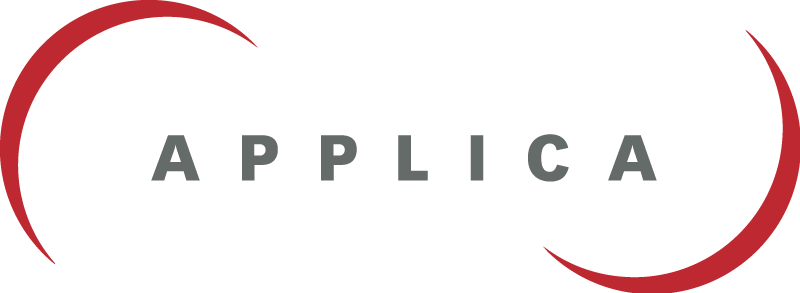The European Social Policy Analysis Network (ESPAN) brings together independent experts on social inclusion and social protection. It
- provides timely and high-quality information to the European Commission on social protection and social inclusion policies (and related socio-economic developments and trends) and
- supports the European Commission in monitoring progress within the European Semester framework and against the achievement of the 2030 social targets.
- supports the Commission in identifying and promoting the exchange of good practices and the development of dynamics of mutual learning that can support the achievement of the EU’s social objectives.
The Mutual Information Systems on Social Protection (MISSOC) network of national delegates, whose members are appointed by the authorities of participating countries (EU Member States and EEA/EFTA countries), ensures exchange of information on national social protection systems by preparing comparative legislative tables (addressed mainly to professional users) and social security guides for the general public.
Applica is responsible for coordinating the work of MISSOC and for communication activities (seminars, publications and online resources).
